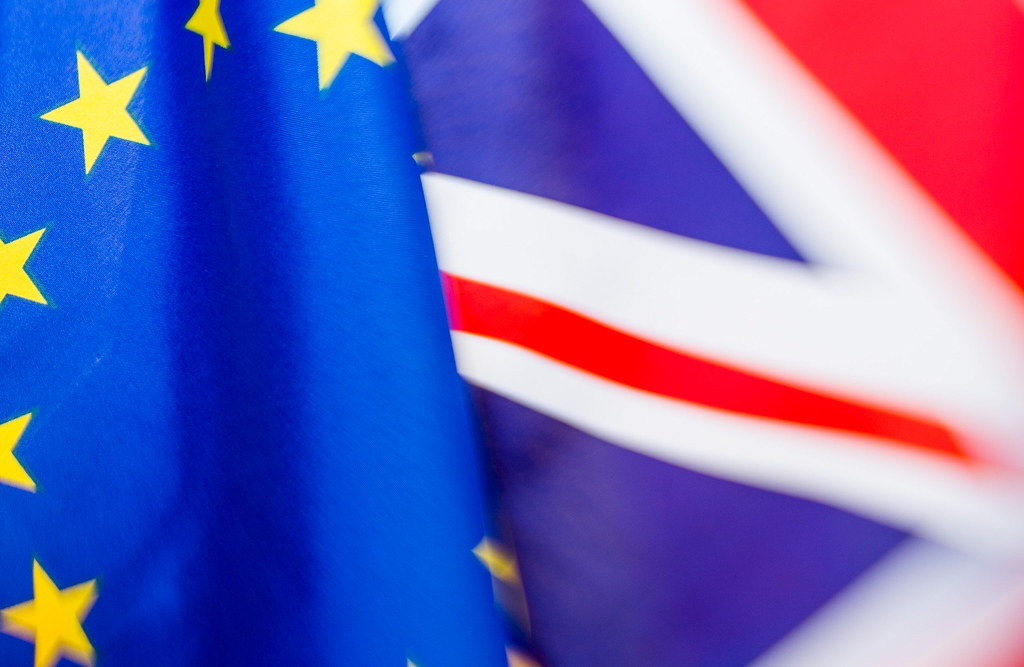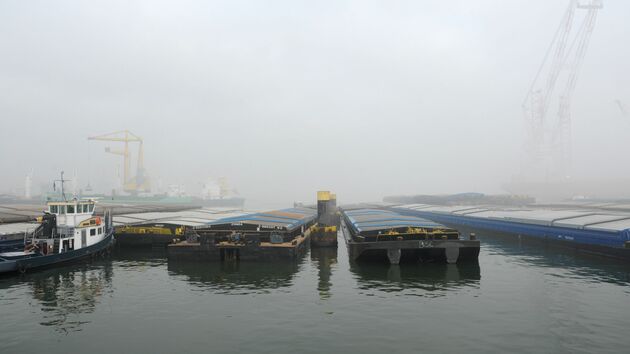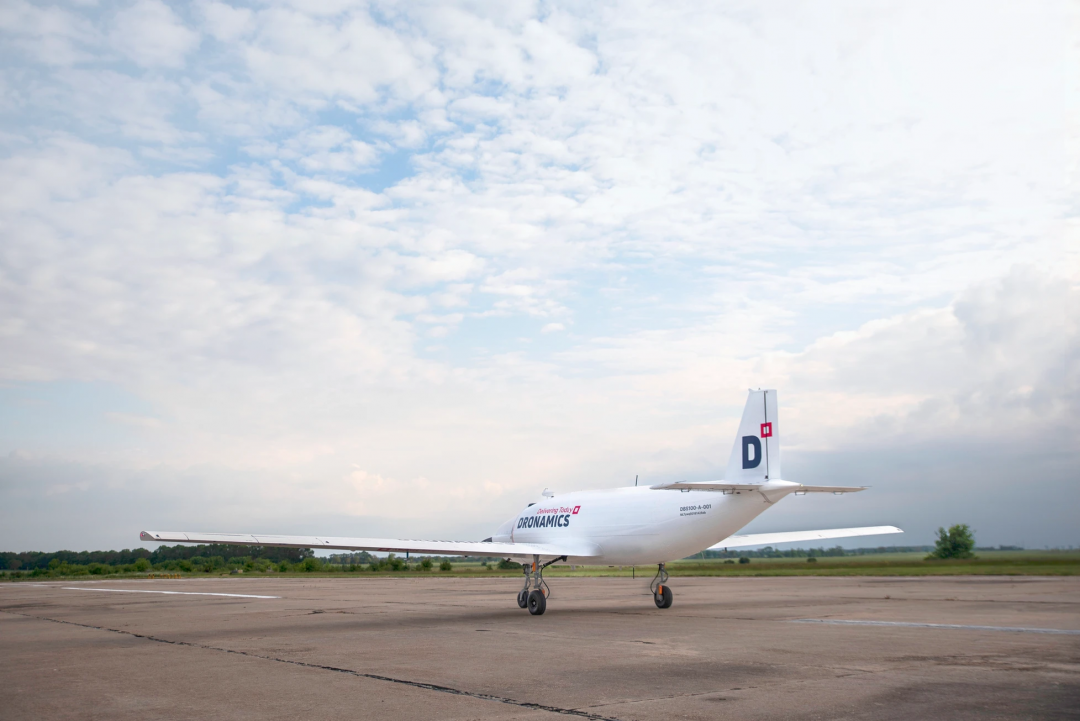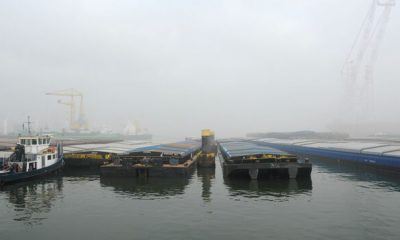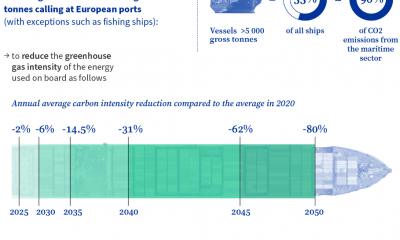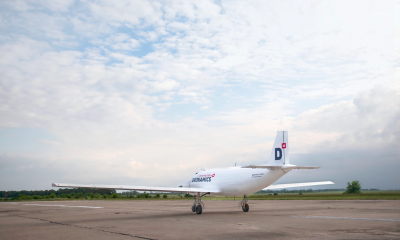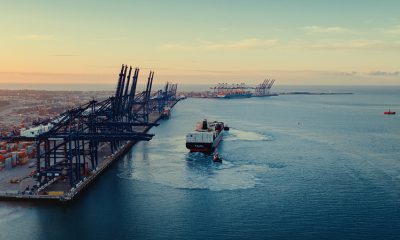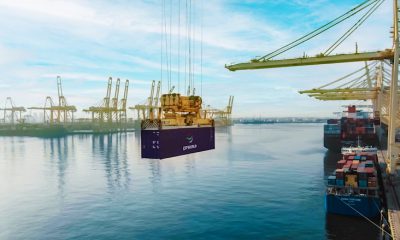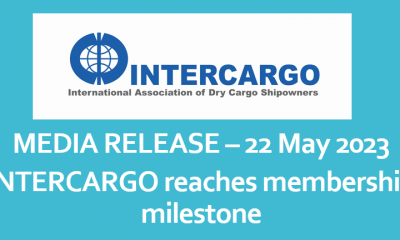Dronamics, the world’s first cargo drone airline with a license to operate in Europe, announced it has been officially assigned both IATA and ICAO designator codes. Dronamics is the first cargo drone airline to secure these codes, granting it recognition on par with other international airlines.
Dronamics has been assigned the IATA designator code “OY,” along with the accounting prefix “651.” IATA codes play a critical role in the aviation industry, serving as essential identifiers for airlines, their destinations, and cargo documents. These codes enable Dronamics to be officially recognized as an airline entity, supporting commercial interline agreements with other IATA carriers, facilitating connections with freight forwarders, and enabling the publication of flight schedules through OAG, the world’s leading provider of digital flight information.
The IATA 2-letter Airline Designator code “OY” will be used to establish flight numbers for both scheduled and non-scheduled flights, providing standardized identification across its operations. Additionally, the Airline Accounting Prefix “651” grants Dronamics the ability to issue Air Waybills (AWBs), facilitating seamless cargo uplift within its extensive network.
In addition to the IATA codes, Dronamics has also secured the ICAO designator codes, further solidifying its presence in the global aviation community. The ICAO telephony call sign “Black Swan” and the 3-letter airline designator “DXE” have been assigned to Dronamics. These ICAO codes are widely utilized by pilots and air traffic controllers worldwide, playing a crucial role in flight planning, communication with air traffic control, and the dissemination of vital information through NOTAMs (Notice to Air Missions).
“Becoming the first cargo drone airline with both IATA and ICAO designator codes is a testament to Dronamics’ pioneering spirit and our vision for faster, cheaper and green air cargo for everyone, everywhere. This recognition by the leading aviation community reinforces our position on the international aviation map.” said Svilen Rangelov, co-Founder and CEO of Dronamics.
By securing the IATA and ICAO designator codes, Dronamics has solidified its position as the world’s first cargo drone airline. This reinforces Dronamics’ commitment to innovating air cargo with its drone technology and opens up new avenues for collaboration, growth, and integration within the global aviation ecosystem.
